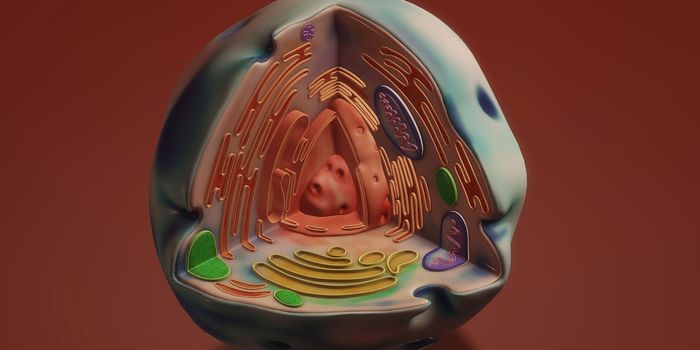Can Cannabis Increase Your Odds of Surviving a Heart Attack?
The World Health Organization states that approximately 2.5% of the world's population use cannabis, roughly ten times more than cocaine (0.2%) and opiates (0.2%) use.
Photo Source: Pixabay.com
Because of its widespread use and its recent legalization across the country, researchers and scientists are doing their best to bring clarity to the health benefits and potential risks associated with the use of the drug.
According to the American Heart Association, roughly 2,200 Americans will die of cardiovascular disease each day at an average of 1 death every 40 seconds.
In the medical world, a heart attack is referred to as an acute myocardial infarction (AMI). Due to marijuana use increasing worldwide, it is more likely than ever that patients presenting with acute myocardial infarctions (AMI) will be marijuana users. In a 2018 study, researchers from the University of Colorado compared the hospital records of over a million patients who had suffered from a heart attack. They found that patients who had used cannabis in the past had a significantly lower chance of experiencing shock or requiring an intra-aortic balloon pump. Overall, they were considerably less likely to die during hospitalization.
What researchers found went against their initial hypothesis. The study reads, "these results suggest that, contrary to our hypothesis, marijuana use was not associated with increased risk of adverse short-term outcomes following AMI."
Photo source: pixabay.com
Past studies have suggested that smoking marijuana can be associated with an increase in heart rate depending on the dosage. Additionally, smoking marijuana will decrease oxygen-carrying capacity in the body during a time of increased oxygen demand. Researchers explore reasons for the outcome of this particular study, stating that marijuana use may have provided a cardioprotective effect to users. Or that marijuana use could be associated with an increase in smaller, non-fatal heart attacks in the younger population — two very different potential causes.
Researchers note that the findings are not conclusive, as the study did not monitor what happened to patients after their hospital visit, leaving out post-discharge data or long-term survival data.










